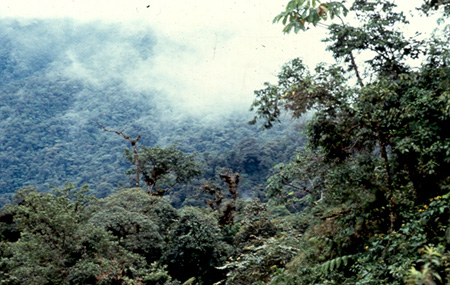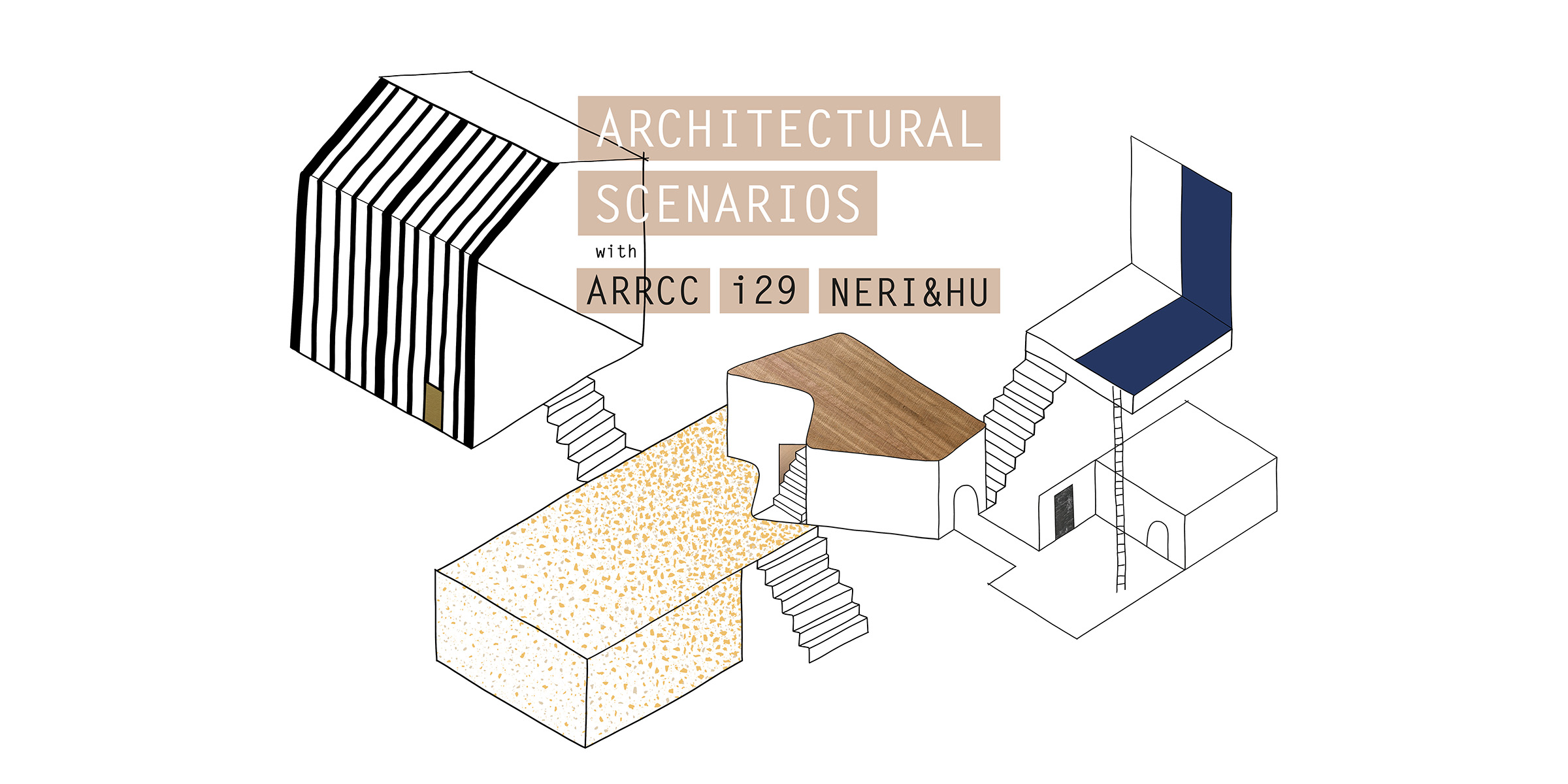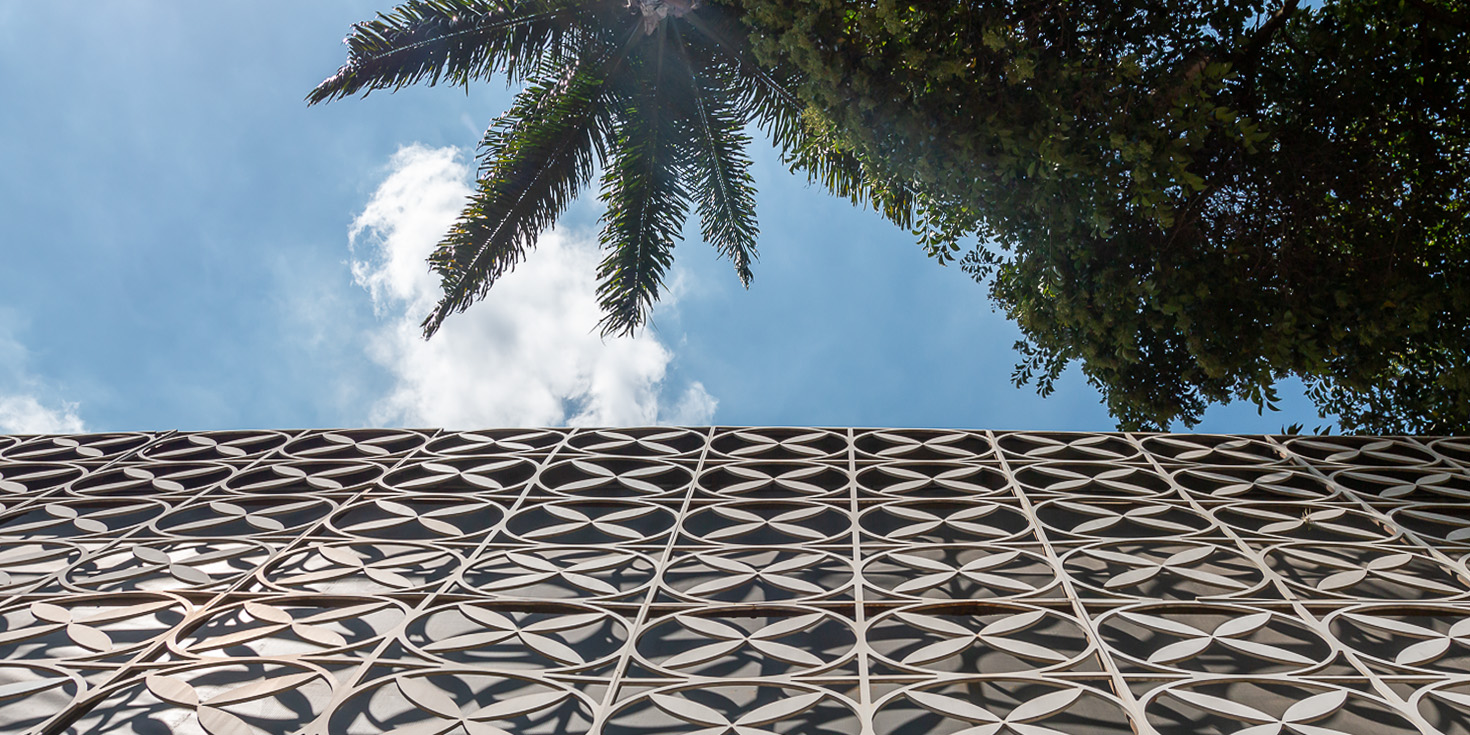Bioforest's Otonga project
In Ecuador, the ten-year old “Otonga” project, whose name derives from a gigantic worm that lives in this area, aims to purchasing strips of the primary forest on the western sides of the Andes, in order to preserve the exceptional biodiversity features of the area. More than 1,500 hectares have been purchased to this purpose.
WHAT IS THE PRIMARY FOREST?
The primary forest could be defined as a comprehensive diary about the evolution of life over the last million years on Earth: it really hosts a high variety of animal and vegetal species, that is an inestimable biological heritage.
Currently, about 2 million species have been catalogued, although some experts estimate their total number on Earth is around 10 millions, half of which just in the area of the tropical rainforests. Every year naturalists identify about 15,000 new species of organisms, mostly insects.
The term ‘primary forest' – or virgin – means the set of forest ecosystems spontaneously developed over the millenniums. This kind of forest, which human activities such as industries never contaminated, is characterised by the growth of ancient trees which provide life to hundreds of species.
The most important primary forests are currently seven:
the basin of Congo's African rainforest;
the Amazon tropical forest;
the Southeast Asian jungles;
the North-American virgin forests;
the South-American temperate rainforest;
the snowy forests of the Siberian taiga;
the last large European forests in Russia.
They play a significant role for the climate trends: in fact, they contrast since the release of carbon dioxide in the atmosphere, which is caused by the countless fires and the human industrialisation and contributes to the greenhouse effect and to the global warming.
Today, these ‘green lungs' are seriously at risk of destruction by deforestation for the cellulose and paper production or by the supply of wood to big European and American furniture factories – and Italy has the supremacy!
The primary forest, however, is threatened by breeding and agriculture on a deforested land that is inevitably going to become desert.
WHAT DOES BIOFOREST DO AND HOW DOES IT OPERATE FOR THE ‘OTONGA' PROJECT?
For over 20 years, a fee, like a ‘constant drop' for a ‘project that lasts over time'. Such amount varies according to the donations gathered by Bioforest from its members to acquire primary forest's strips of land.
However, the strips of land's acquisition is not enough, as such strips has to be protected by the local populations who deforest the primary forest to obtain graze for the animals.
The only way to do this is to ‘instruct and educate', as ‘only what is known exists and is therefore worth to be preserved'. In other words, it is important to make the local ethnic groups aware of the primary forest's value for the survival of the planet.
In 2003, in order to accomplish this project, at the foot of this forest construction work began on an ‘Environmental Education Centre', ended and inaugurated on the 6th August 2007, to host visitors, scholars and researchers from all over the world as well as to approach the local population to the school.
At the same time, new paths are being made around the Educational Centre joining others in the forest. This lets the inhabitants reach the 'Centre' and helps them develop an ecosustainable frame-of-mind and to know potential alternative sources of subsistence. Moreover, lots of women with economical difficulties are involved in the community cake-making courses and can earn money for their families. Besides, there is an active production of objects made of ‘tagua' by crafting very hard fruit composed of a substance called ‘vegetable ivory', from a local endemic palm tree. This activity now gives 20 families a living thanks to the growing sales network primarily activated in Italy and fuelled by many volunteers, Institutes and Associations.
Some of the funds allocated by BIOFOREST are invested in studies, research and publications on the Otonga flora and fauna. As a matter of fact, new plant and animal species were discovered.
Our local partner, the Otonga foundation in Ecuador, has already managed about 200 scholarships for children, young people and University students that live near the Otonga forest. This was accomplished also thanks to the funds contributed by BIOFOREST. Many long-distance adoptions are for children from that area and are praiseworthily supported in particular by generous Italian and foreign benefactors.
The co-ordination and the development of the Otonga Project have been assigned to Prof. Giovanni Onore, entomologist, Professor of the Catholic Papal University of Ecuador with headquarters in Quito.
To save the ‘primary forests', casket of precious biodiversity, has become a fundamental need for the future of life on the planet Earth.
LATEST POSTS













